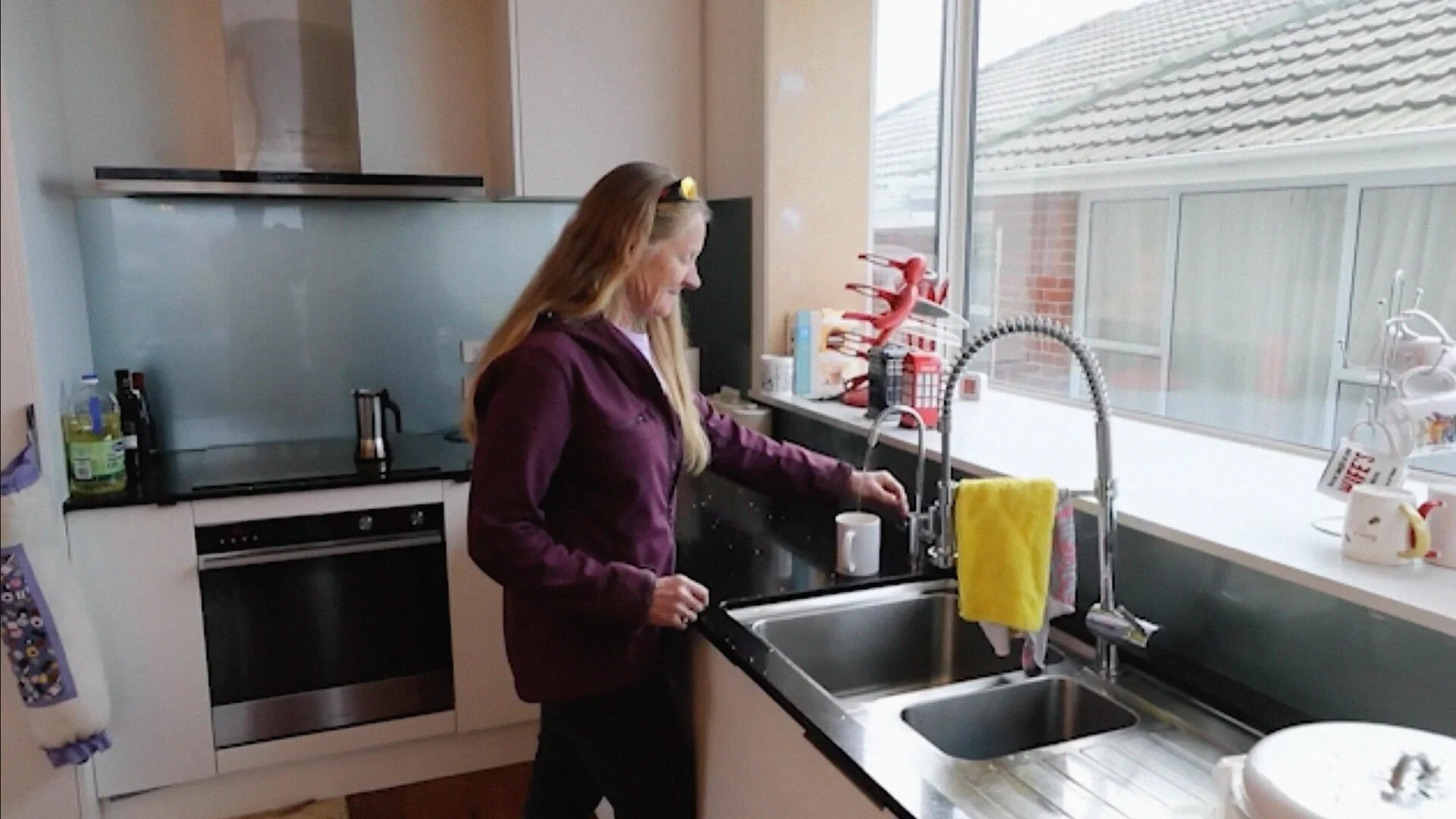By The Defender.
A recent article investigated what it described as the “mess” of palliative care. Journalist Nikki Macdonald interviewed Timaru woman, Jackie Goodfellow, whose husband Ron had recently died from terminal lung cancer.
Jackie and Ron’s experience mirrors many in New Zealand. Supports are simply not accessible.
“Ron was diagnosed with terminal lung cancer a year before he died. In the last 10 weeks, it became fairly critical and his oesophagus was blocked and he couldn’t eat.”
“We admitted ourselves to the hospital – it took a week for them to sort out what they were going to do with him – and then we were just sent home, and he was sent home to die.”
Help at home or pain medication wasn’t offered.
“From that point, nobody set us up with any help”.
Eventually, someone suggested contacting the hospice. “We had to self-refer to the hospice,” she says.
Jackie soon realised that every hospital department was separate. “You had to find out what you were entitled to independently, and the hospice can help, but you essentially have to sort out all your care.”
“It was traumatic. He didn’t want to worry his family.”
“What would have made a huge difference, is just if we’d had a [phone] line that we could have rung to say, ‘Please can you come and help him’.”
“One thing we need to do is to provide the hospice with the resources to deal with people who are dying because the GPs, they’re fantastic, but they treat the symptoms, they don’t deal with the pain,” Jackie said.
Macdonald writes, “Critics say it’s a symptom of the low priority given to end-of-life care.”
The lack of support becomes even more critical when we realise we are in a season of significantly increasing demand for palliative care and medical workers. Ministry of Health estimates a 51% increase in demand to 2038 – something as a country we are not at all prepared for.
#DefendNZ has long been drawing attention to current inequalities of access to palliative care due to lack of funding and lack of regional access in some communities.
What is now needed are better support networks to form.
These will likely not be government-funded or even part of the Ministry of Health, as the radio silence over the years suggests they are not interested.
Sunday Star Times editor, Tracy Watkins, exposed that clearly when she wrote, “The Ministry of Health has six full-time workers dedicated to euthanasia; none dedicated to palliative care.”
So organic, grassroots, well-funded and well-volunteered initiatives need to start forming around New Zealand to offer support, connect people with terminal diagnoses with support services in their area, as well as to offer moral and practical support.
As Jackie Goodfellow’s story so clearly shows, we need Kiwis offering car rides to chemo appointments, help after-hours and on weekends, and an easy-to-call phone number where people can turn for authentic help at the end of life.
The Ron Goodfellows of New Zealand deserve better.

